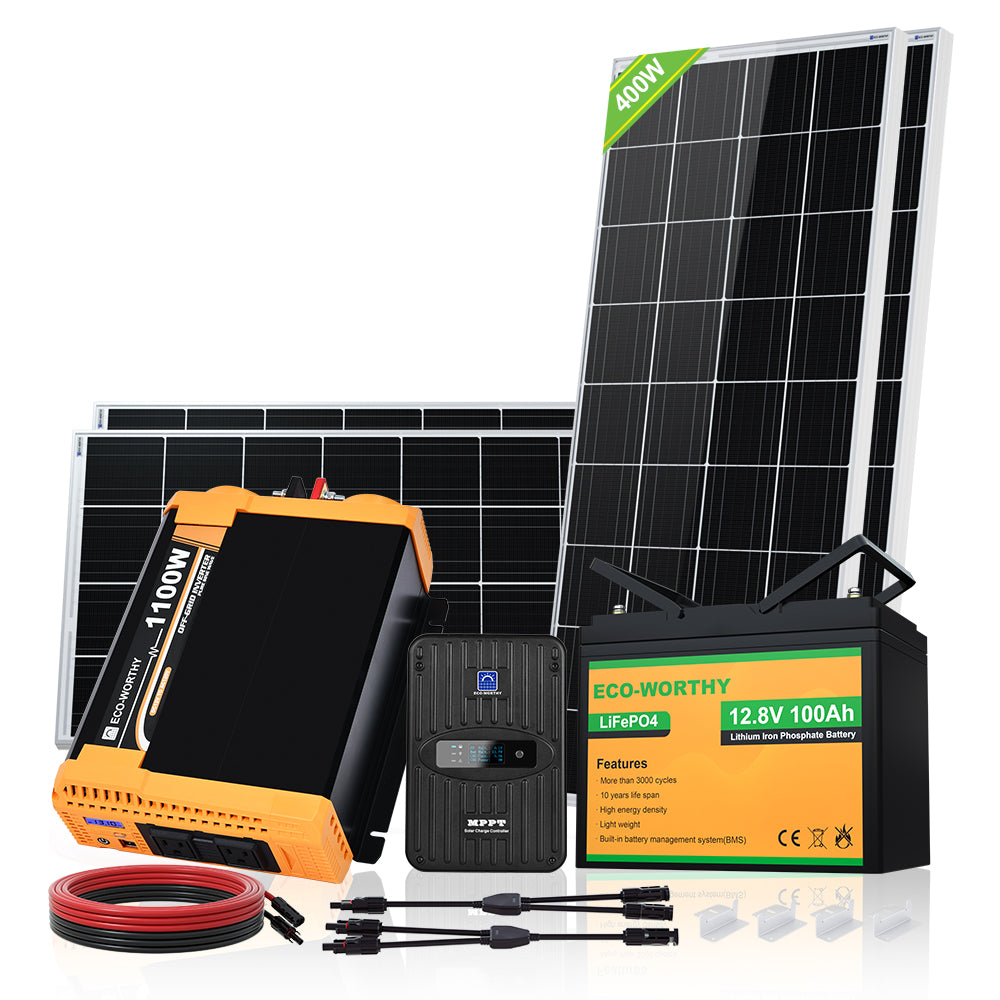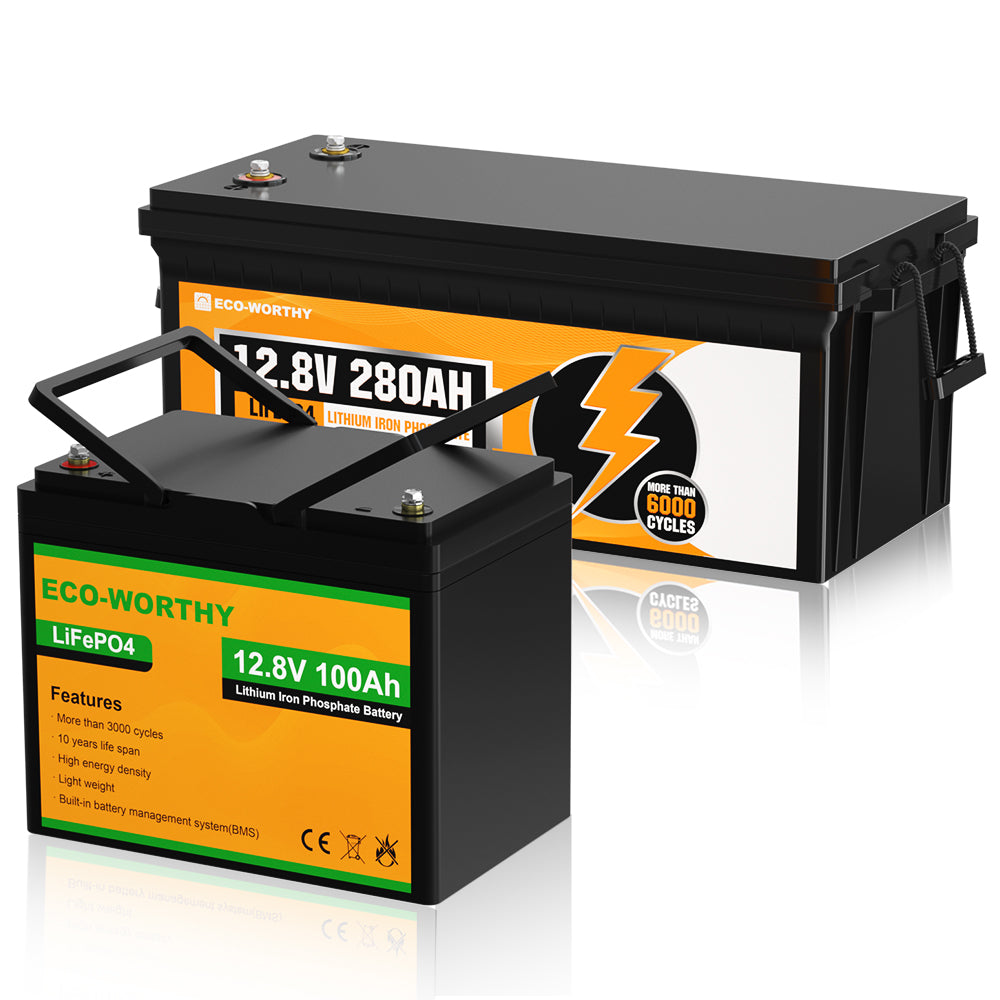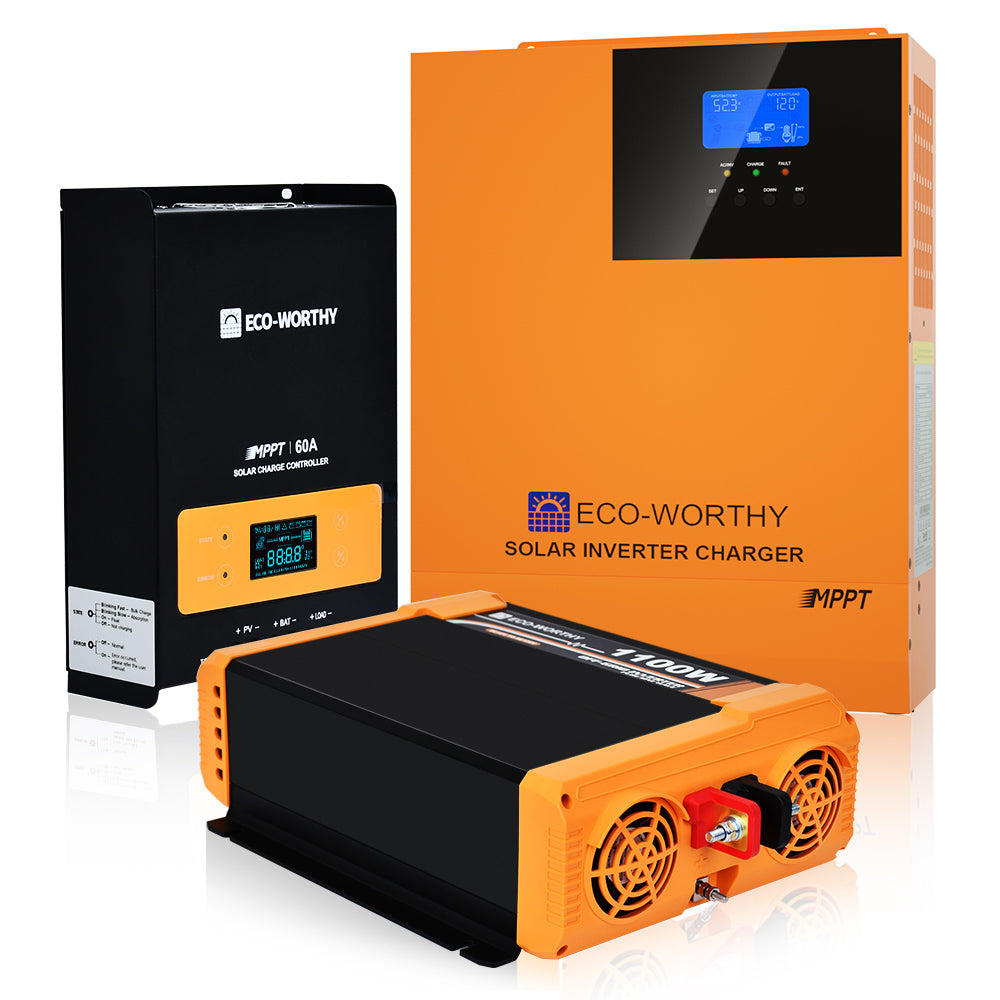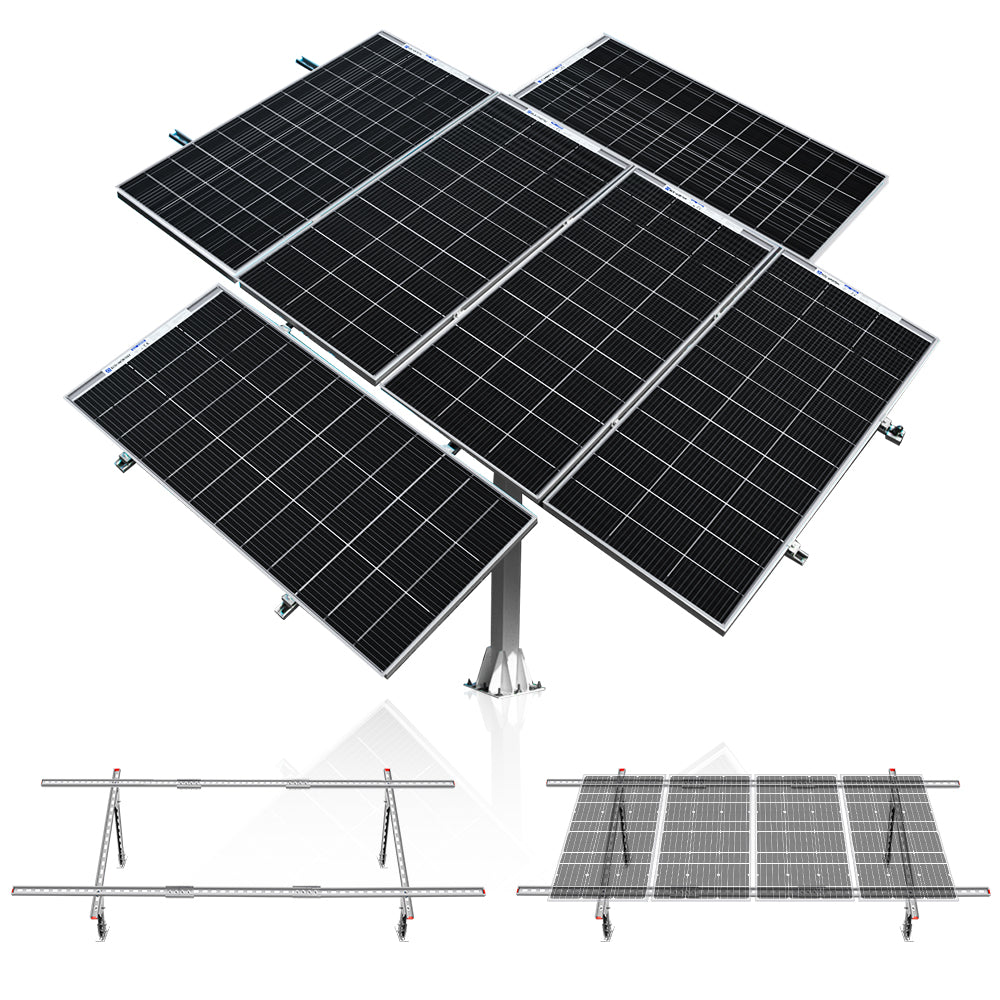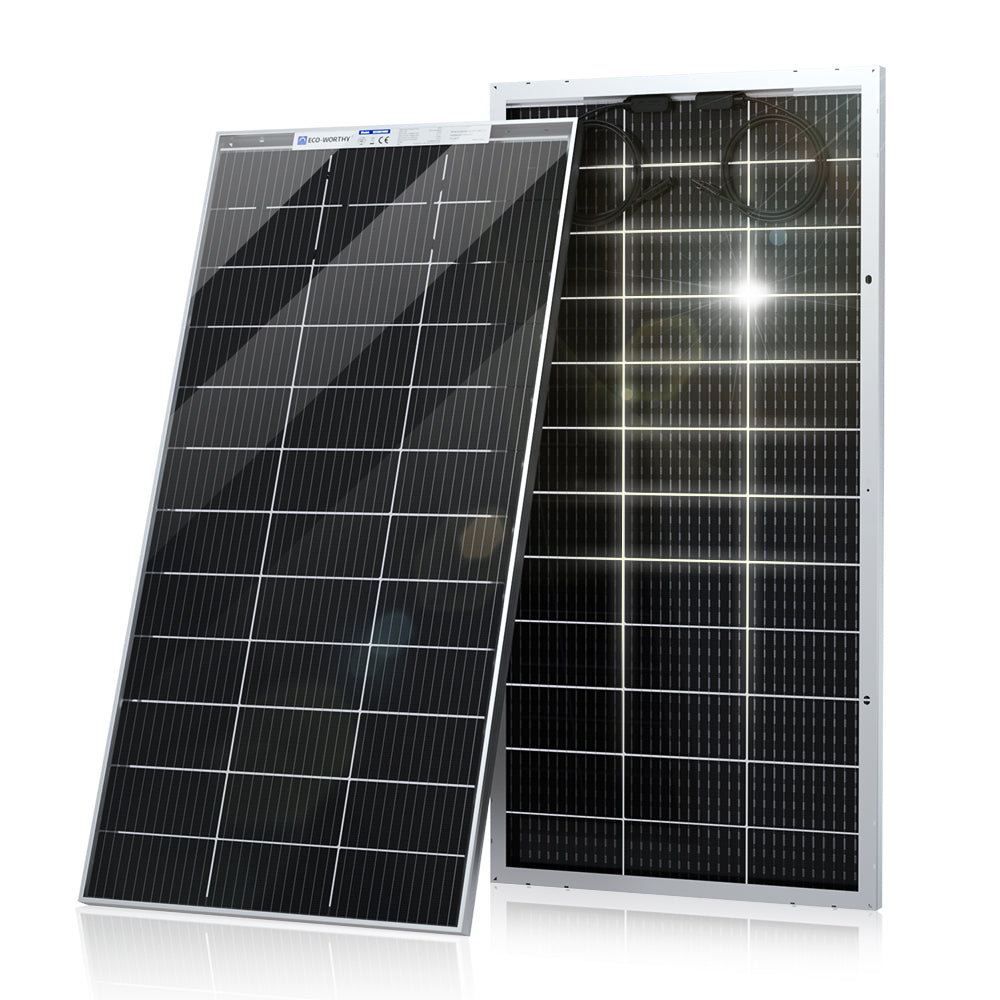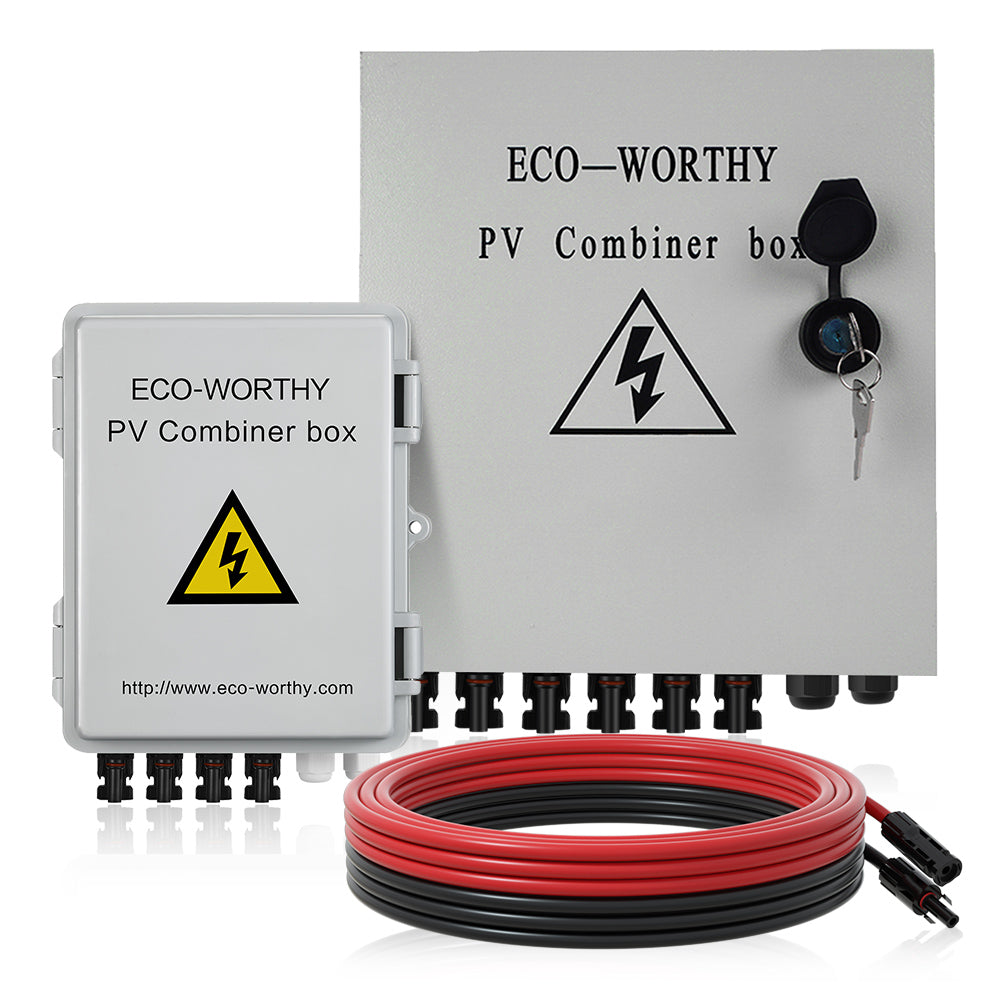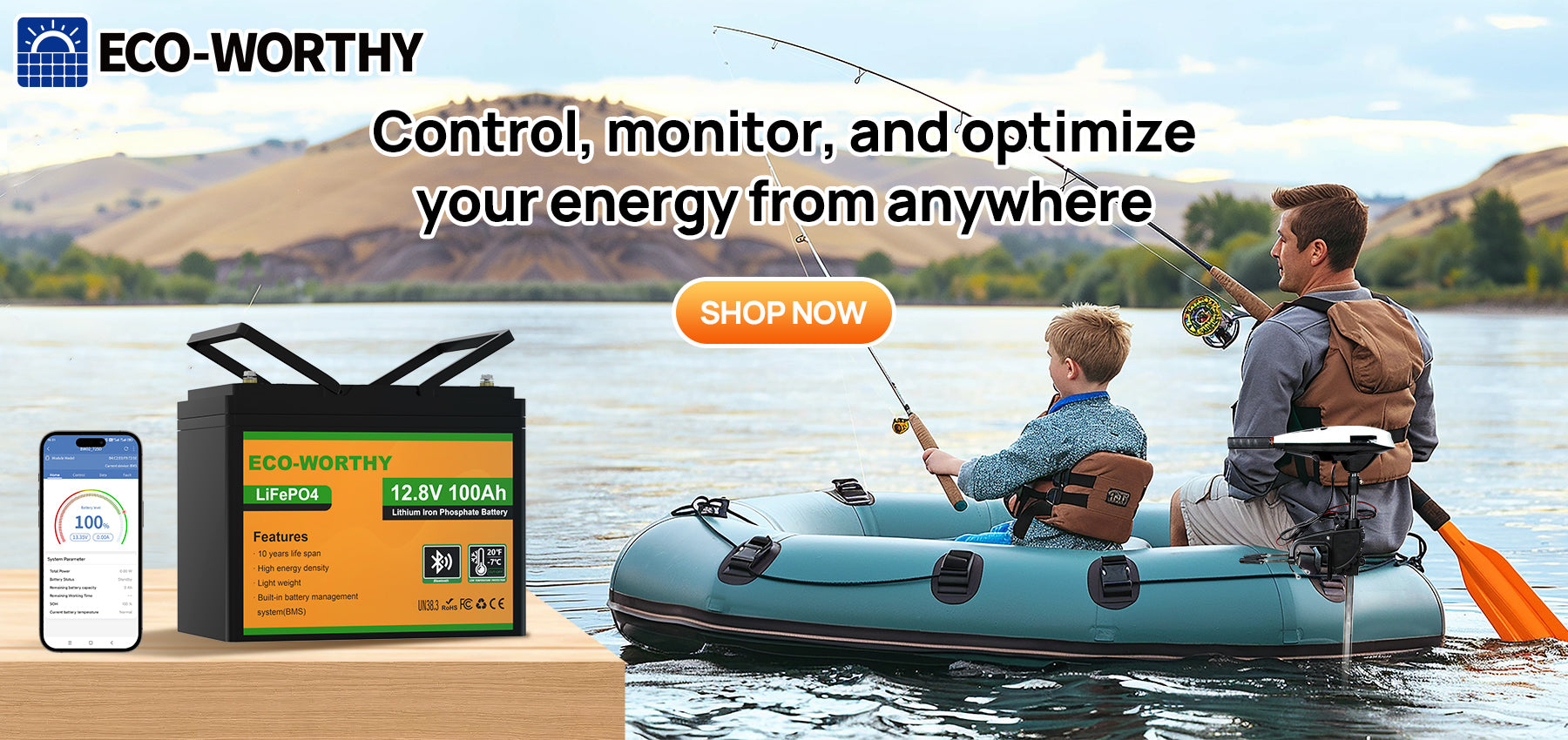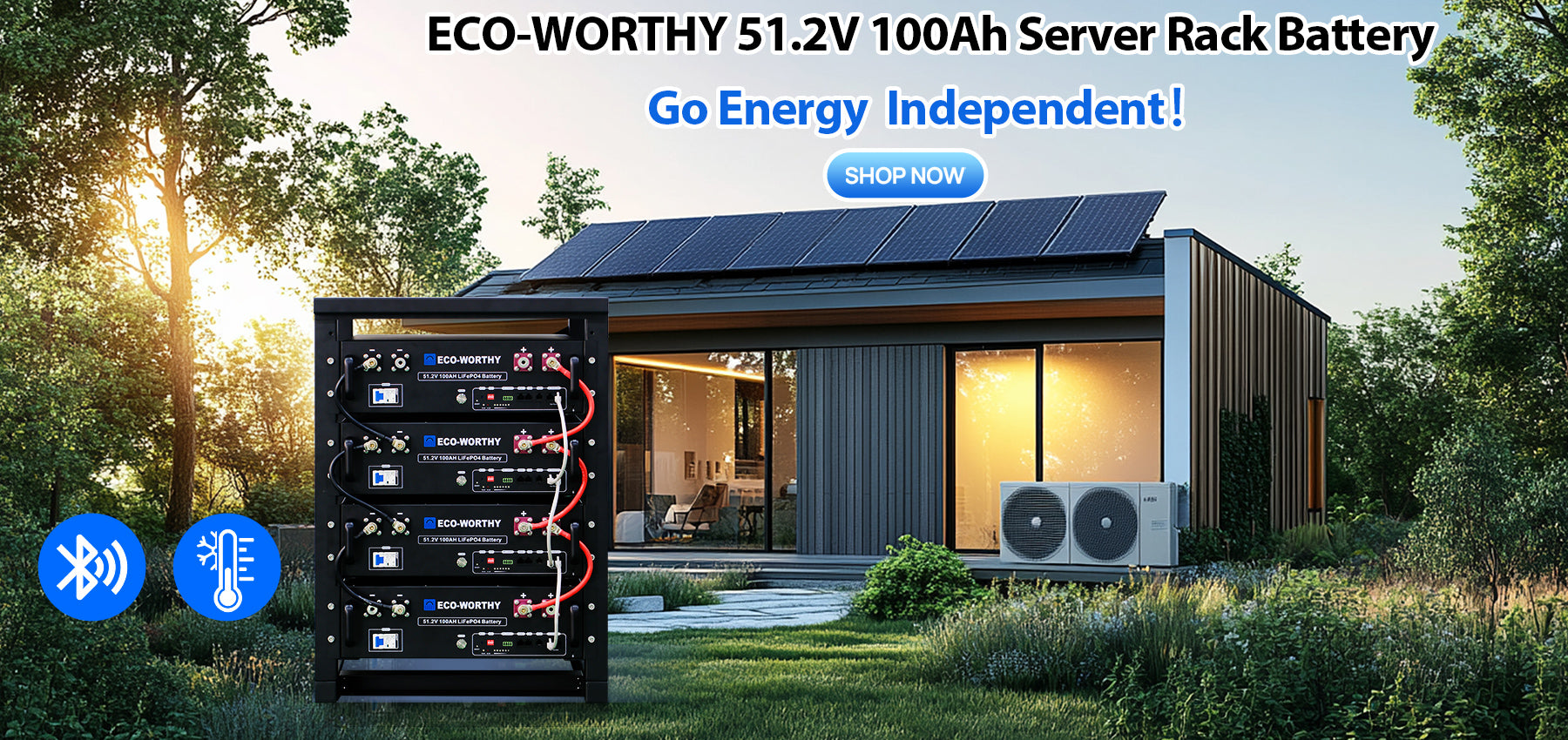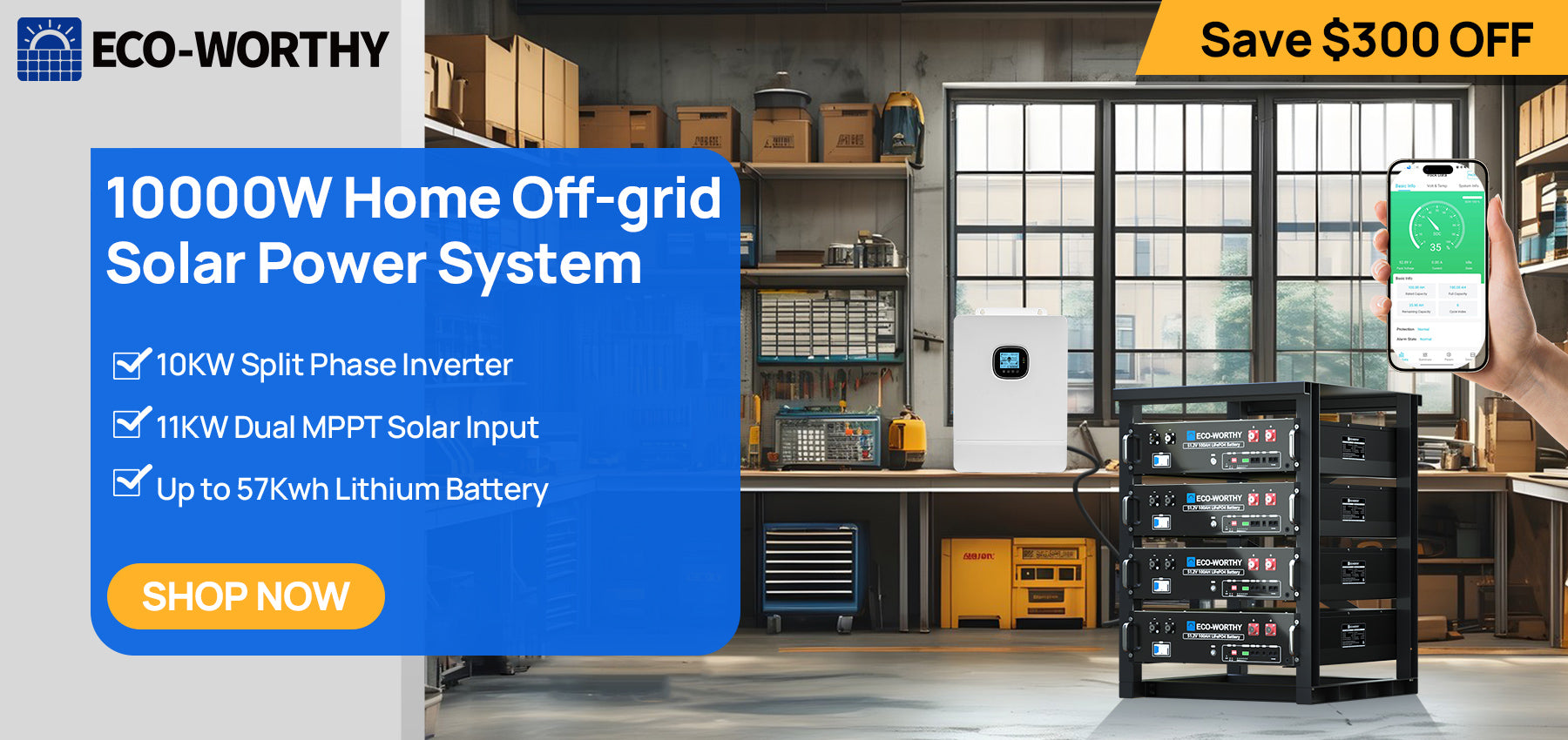In the age of sustainable energy, it's crucial to always have your vehicle's battery charged and well-maintained. Vehicles are equipped with consumable devices such as monitors and alarm systems. They may drain the battery and prevent it from starting. Solar battery maintainers are eco-friendly for cars, RVs, and boats, offering convenience and efficiency. This blog will walk you through critical considerations so you can make an informed decision on the best maintainer to suit your needs.
What To Consider For The Best Solar Battery Maintainer
Choosing the right solar battery maintainer involves considering several key factors to ensure optimal performance and longevity. Understanding certain factors will help you select a maintainer that meets your specific needs. It also offers reliability and efficiency for your car, RV, or other heavy vehicles. Other possible vehicles include boats (fishing boats, pontoon boats, etc.), trucks (pickups, agricultural trucks, etc.), tractors (Kubota tractors, lawn tractors, etc.) and lawnmowers.
Function
The primary role of a solar battery maintainer is to keep your battery optimally charged. Look for models specifically designed for your type of vehicle, whether it's a car, RV, or boat, to ensure compatibility and efficiency.
Ease of Installation
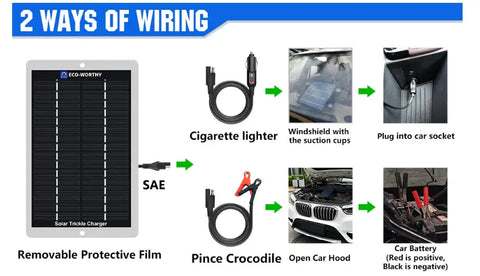
A user-friendly installation is key. Choose solar battery maintainers that come with all necessary accessories and simple instructions. This feature is particularly important for those who are not technically inclined, as it ensures a quick and hassle-free setup without professional help.
Charging Ability
The maintainer's charging power, often measured in watts, should align with your battery's requirements. A higher wattage typically means faster and more efficient charging.
Blocking Diode
A blocking diode is vital as it prevents the battery from discharging back into the solar panel during low light conditions. This feature is crucial for maintaining your battery's charge over long periods, particularly during the night or on overcast days.
Build Quality
Durability matters, especially for outdoor use. Look for models with weather-resistant features and strong build to withstand various environmental conditions like extreme heat or heavy rain. High-quality materials not only ensure long-term performance but also offer better resistance to wear and tear.
Pricing and Warranty
Finding the right balance between cost and quality is also important. A reasonable price paired with a solid warranty suggests a product that offers both reliability and value for money. A longer warranty period reflects the manufacturer's trust in their product's durability and performance.
How Do You Use A Solar Battery Maintainer?
Utilizing a maintainer is easy, but attention to detail can enhance effectiveness. Start by positioning the solar panel to receive uninterrupted sunlight, as direct exposure maximizes charging efficiency.
When connecting the panel to your battery, ensure the connections are secure and free from corrosion, which can impact performance. The maintainer then uses solar energy to trickle charge the battery, maintaining an optimal charge level without the risk of overcharging.
It's crucial to regularly inspect these connections and keep the solar panel clean from dust or debris. Some maintainers may also come with LED indicators or controllers, providing real-time feedback on charging status and battery health. By following these steps and utilizing the maintainer's features, you can extend your battery's life while harnessing the power of renewable energy.
Tips for Daily Maintenance of A Solar Battery Maintainer
Some tips for maintenance:
- Clean the glass surface of the solar panel. Use water and a soft sponge or cloth to clean. Dirt can be removed using a mild, non-abrasive cleaner.
- Inspect electrical and mechanical connections every six months to ensure they are tight, clean, and free of corrosion.
Final Thoughts
In sum, the right solar battery maintainer is a combination of function, installation ease, and quality. Your choice should align with your vehicle's needs to ensure efficient and sustainable battery maintenance. This decision not only prolongs battery life but also supports eco-friendly practices.

